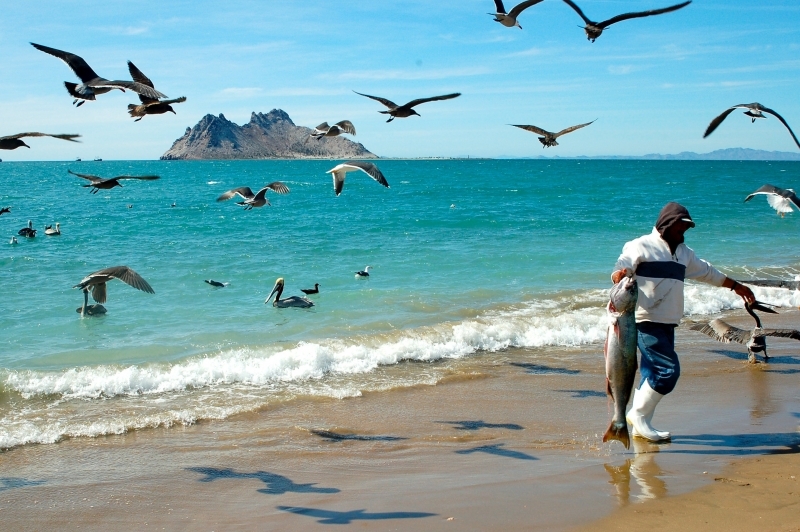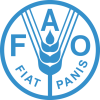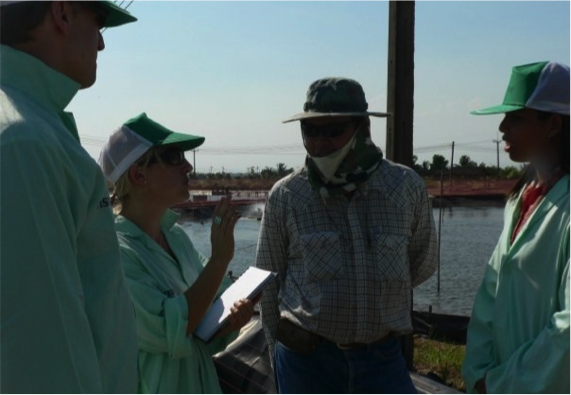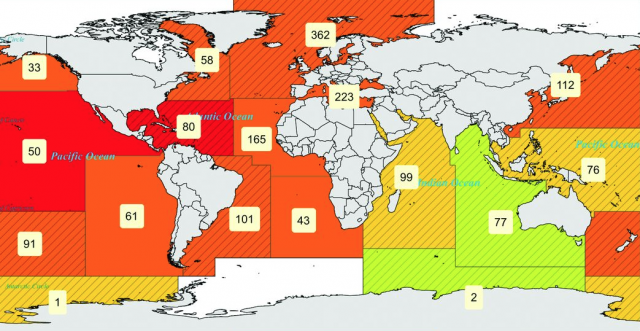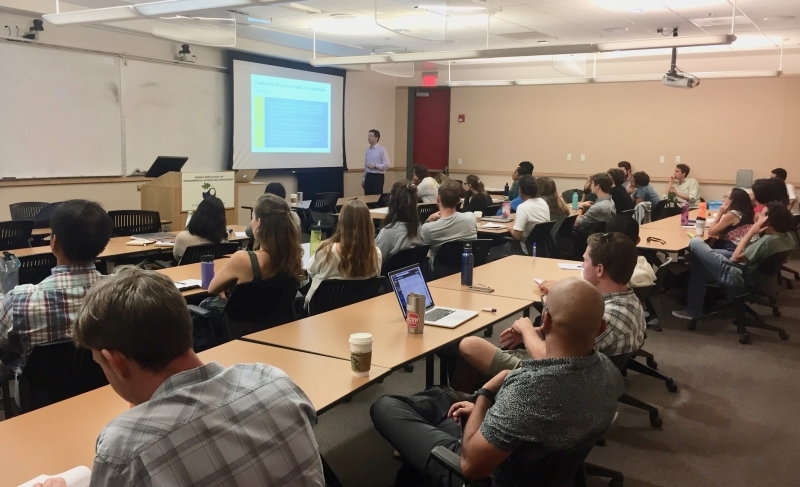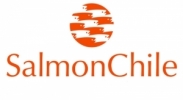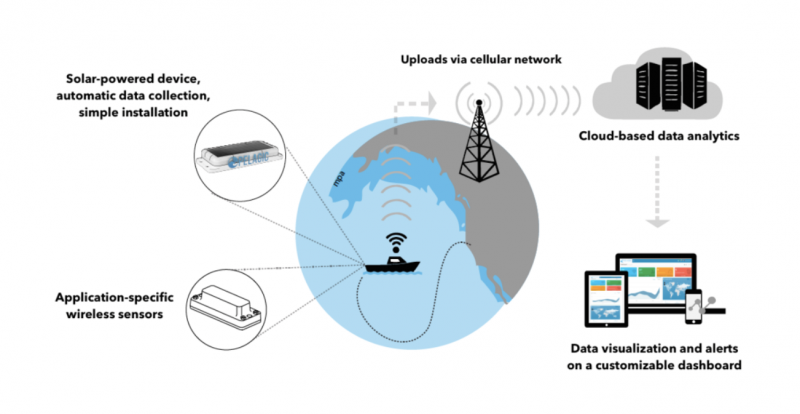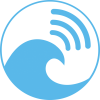
The Story of El Manglito: Restoration of the Ensenada de la Paz
President and CEO, Noroeste Sustenable A.C.
Community colloquium
Alejandro Robles is president of Noroeste Sustentable (NOS), which he co-founded in 2004. For the past thirty years, he has been working to build effective networks of collaboration among key public, private, and civil-society stakeholders to achieve sustainability of coastal communities and conservation of coastal marine ecosystems in northwestern Mexico. In 2006 Noroeste Sustenable (Sustainable Northwest; NOS) co-founded Plataforma Bahía de La Paz, a multi-stakeholder collaboration network formed by small-scale fishermen, sports fishermen, marina owners, eco-tour operators, and civic organizations. The most significant interventions of Plataforma members have been the creation of the Red de Observación Ciudadana, a civil effort to abate illegal fishing; and the restoration of the Ensenada de la Paz, carried out by the fishermen of El Mangltio. In 2008, NOS move its headquarters inside El Mangle, a place designed for gathering of multiple stakeholders to reflect and act upon salient sustainability affairs. El Mangle is at the heart of El Manglito, a traditional fishing community struggling, as many others, to make a living from fishing. Since, 2009, the community of El Manglito, El Mangle, and NOS have been co-evolving as they move forward together to restore the community and the ensenada. In this presentation, Robles tells the story of the continuous process of transformation involving the fishing community of El Manglito, El Mangle, and NOS, and and how all three entities have shaped each other's thoughts and actions to increase social, natural, and economic capital.


